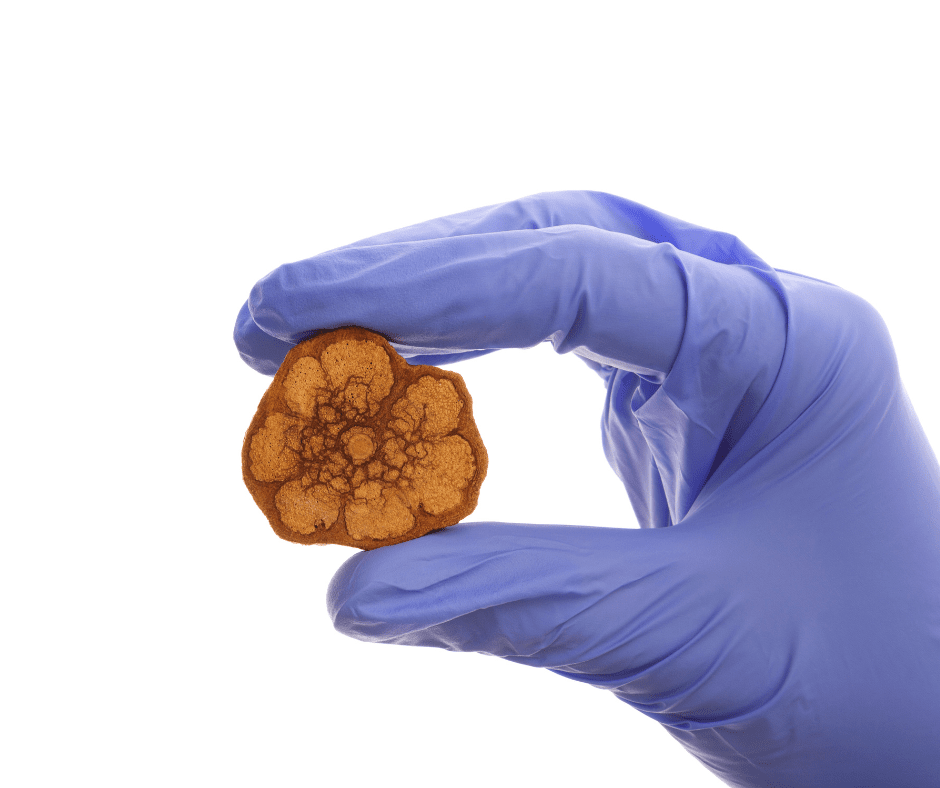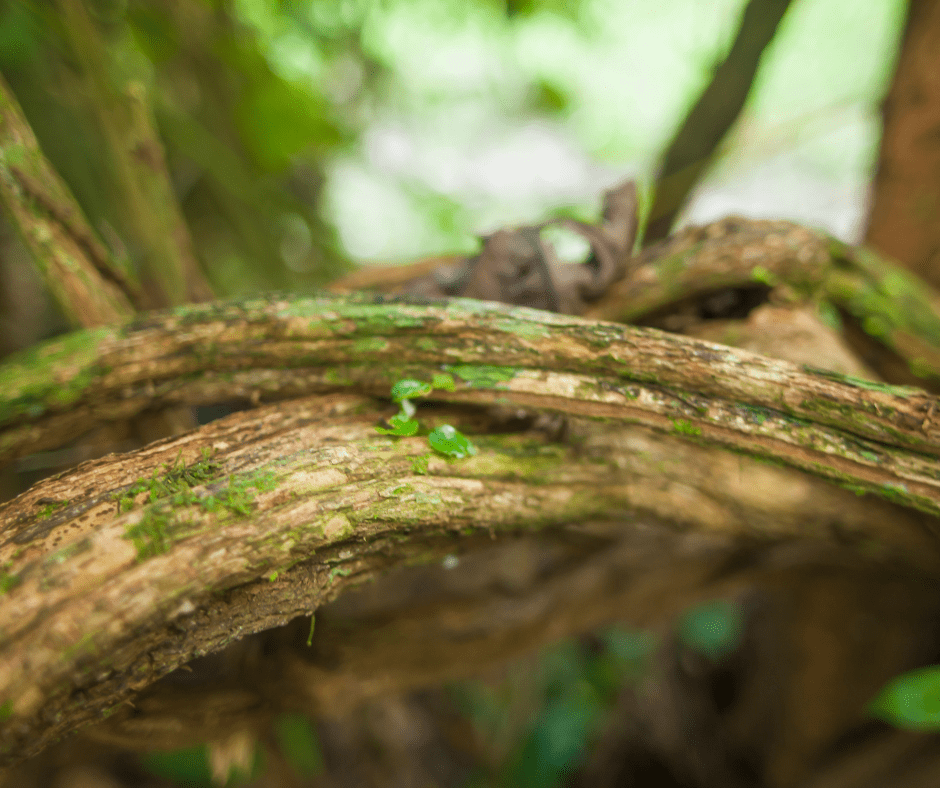Key Takeaway:
- The Ayahuasca Diet plays a crucial role in the overall Ayahuasca experience. Proper adherence to the diet restrictions ensures a fulfilling and enriching experience, both physically and spiritually.
- It is important to refrain from consuming certain types of foods and substances during the Ayahuasca Diet. These include alcohol, spicy and fatty foods, and certain medications.
- The Ayahuasca Diet is believed to offer a range of benefits, including alleviation of physical ailments, mental clarity, and spiritual growth. However, enthusiasts should be mindful of the challenges that may arise, such as social implications and dietary restrictions.
A plant-based dieta, in the context of an Ayahuasca ceremony, refers to a specific diet followed before, during, and after the ceremony to help prepare the body and mind for the experience. This diet is often rooted in traditional Amazonian practices and aims to cleanse and purify the body, optimize the effects of Ayahuasca, and minimize potential risks. A dieta is also in a spiritual sense, a contract made between an individual undergoing a plant ceremony and the plant spirit or shaman. The terms of the contract are decided and agreed upon prior to the dieta taking place, and often times the motivation to do a dieta comes at the request or suggestion of the plant spirit, but can also be decided by the person.
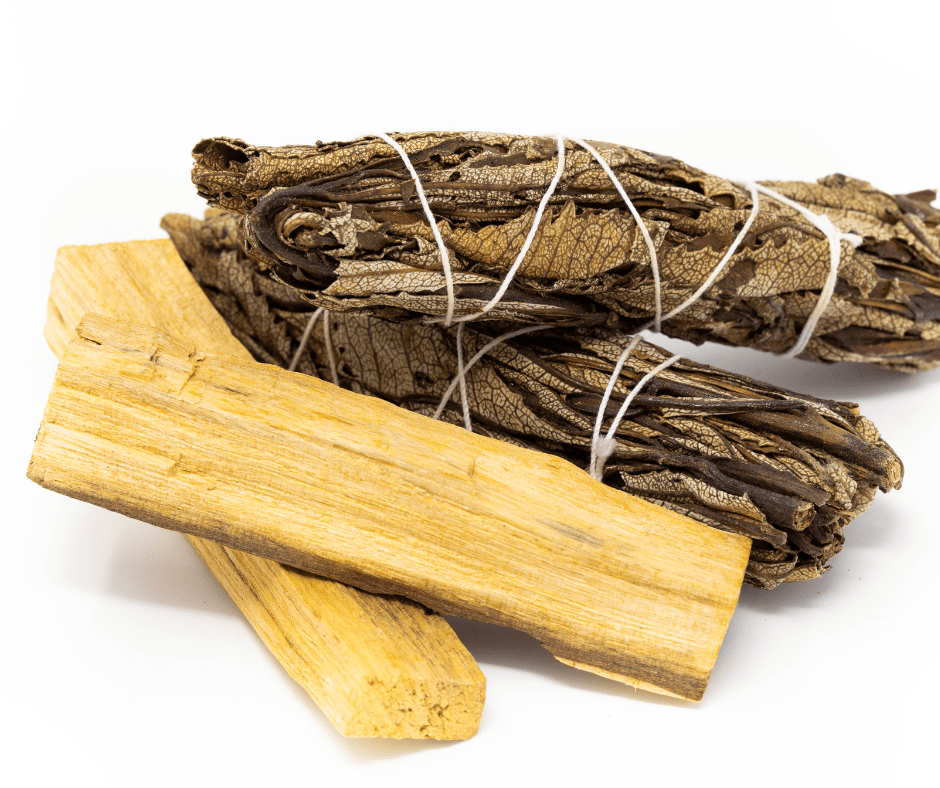
The Ayahuasca Dieta and Restrictions
Exploring the Ayahuasca Diet (dieta) and Restrictions can be a daunting task for first-timers. As someone curious about this traditional Amazonian plant medicine and its ability to awaken spiritual awareness and deeper self-understanding, it is important to gain knowledge on the Ayahuasca Dieta and Rules for preparation. This section aims to provide you with a comprehensive understanding of the Ayahuasca Diet and Restrictions.
We’ll discuss what you need to know before starting the Ayahuasca Diet, what foods you should avoid, and the best food choices to make for your Ayahuasca Diet, along with the restrictions you must follow to have a fulfilling Ayahuasca experience. Let’s get started on your Ayahuasca journey.
What You Need to Know About the Dieta
The Ayahuasca Dieta is an essential aspect of traditional Amazonian shamanism practices to gain spiritual insight through the use of a psychoactive plant called Ayahuasca. Though it is commonly termed as a “dieta” it’s more restrictive and specific, which requires following guidelines set by the shamans and their healing centers. The dieta aims to purify the body before drinking the plant, making it easier for individuals to undergo divine experiences.
The Ayahuasca Dieta involves eliminating foods that can prevent or interrupt the Ayahuasca ceremony’s energetic connection with nature. This diet is unique to each shaman and can differ depending on various factors such as an individual’s physical health, psychological condition, age, gender, etc. It involves going on a strict vegetarian or vegan diet 24-48 hours before an Ayahuasca ceremony and avoiding processed foods, alcohol, drugs (prescribed or unprescribed), caffeine products, salted/pickled/fried foods or dishes containing refined sugar.
The dieta isn’t centering around mere fasting but also preparing our bodies well for the sacred experience of intaking this medicinal plant. In addition to preventing distractions from internal bodily functions during ceremonies such as vomiting and diarrhea due to incompatible food consumption. During the ceremony, Ayahuasca provides spiritual energy that cleanses the mind and body. Any interference in this process can affect spiritual progress negatively. Book An Ayahuasca Retreat Ayahuasca Is A plant-based medicine that may have side effects. Make sure and do independent research before attending a retreat.
The duration of the dieta can vary, but it is generally recommended to follow the dietary guidelines for at least one week before and after the Ayahuasca ceremony. It is essential to consult with the ceremony facilitator or a knowledgeable healthcare professional for personalized guidance on preparing for an Ayahuasca ceremony.
Food Items to Avoid During the Ayahuasca Diet
When embarking on an Ayahuasca retreat, it is recommended to follow a diet that can enhance the experience and minimize any adverse side effects. To achieve this, avoiding certain foods which may hinder the effect of the Ayahuasca brew is essential.
The food items that one should avoid during an Ayahuasca diet are coffee, sugar, salt, and red meat. Coffee can interfere with the absorption of Ayahuasca into the bloodstream, ultimately dulling or negating its psychoactive effects. Sugar causes fluctuations in blood glucose levels which can lead to mood swings and anxiety during your retreat. Salt can dehydrate the body leading to headaches while also dulling our senses’ sensitivity to Ayahuasca. Lastly, red meat takes a long time for our digestive system to break down, making it a poor choice when trying to clear out your intestines. Here’s a list of what to avoid:
- Fermented foods (e.g., sauerkraut, kimchi, soy sauce, and aged cheeses)
- Foods high in tyramine (e.g., smoked or cured meats, pickled foods, and certain legumes)
- Alcohol, drugs, and stimulants (e.g., coffee, tea, and energy drinks)
- Spicy foods, excessive salt, and processed foods
- Red meat and pork
- Dairy products (e.g., milk, cheese, and yogurt)
- Sugar and artificial sweeteners
- Oil-heavy foods and deep-fried items
It’s essential to keep in mind that following an Ayahuasca diet isn’t about depriving yourself but rather preparing your body and mind for what is to come. By cutting out these food products from your everyday routine at least a week before the retreat dates will set you up for success.
The Best Food Choices for Your Ayahuasca Diet
As you prepare for an Ayahuasca ceremony, it is crucial to consider your diet in the days beforehand. The Best Food Choices for Your Ayahuasca Diet include a variety of fruits, vegetables, lean proteins, and whole grains that are easy to digest and low in fat. Here are some specific foods to focus on:
- Fresh fruits and vegetables (preferably organic)
- Whole grains (e.g., quinoa, brown rice, and oats)
- Plant-based protein sources (e.g., lentils, beans, and tofu)
- Nuts and seeds (e.g., almonds, chia seeds, and flaxseeds)
- Herbal teas (e.g., chamomile, lemongrass, and mint)
- Water and natural fruit juices (without added sugars)
Consuming particular food choices before an Ayahuasca ceremony is essential for both physical and spiritual preparation. Foods should be easy on digestion, nutrient-rich that help stimulate the body and mind.
Lifestyle Changes
If you’re planning on taking ayahuasca, there are certain lifestyle restrictions you need to follow in order to have a fulfilling experience. These guidelines have been developed over time and are aimed at ensuring your safety during the ceremony.
- Abstain from sexual activities and avoid engaging in intensely emotional situations
- Spend time in nature and engage in meditation or other mindfulness practices
- Get sufficient sleep and rest
- Avoid exposure to violent or negative media
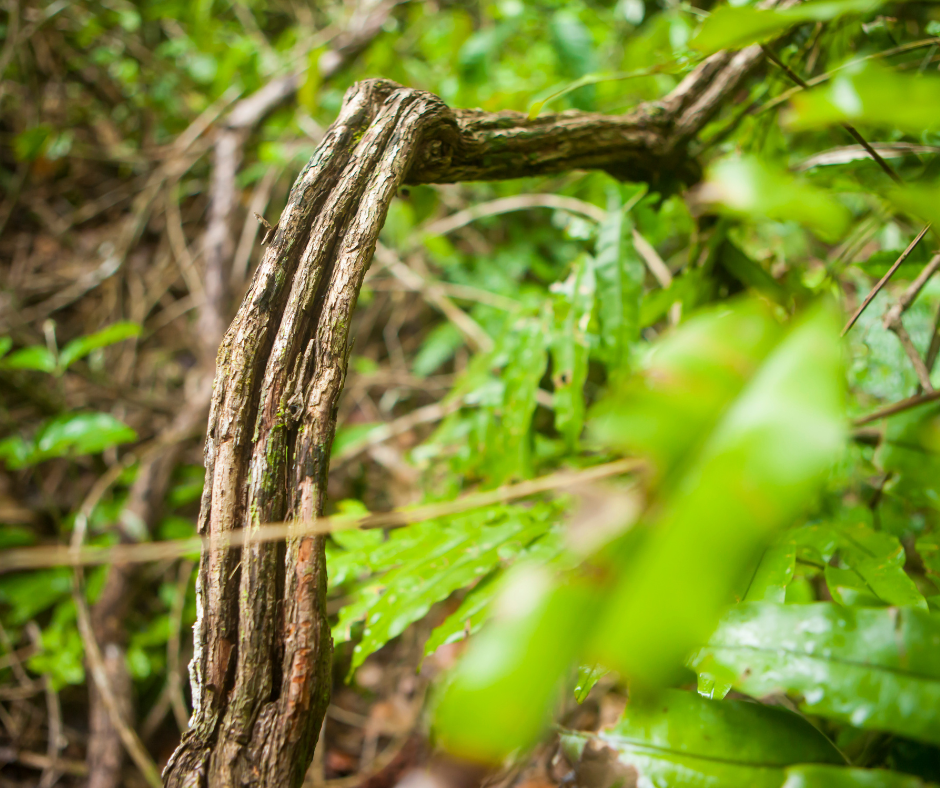
Amazing Physiological Benefits of the Ayahuasca Diet
The Ayahuasca diet has been gaining popularity worldwide due to its numerous health benefits. The amazing physiological benefits of the Ayahuasca diet have been researched extensively and have yielded positive results. Here are six significant ways in which this diet can improve your physical wellbeing:
- Firstly, the Ayahuasca diet is low in processed food and sugar, making it an excellent solution for weight management.
- Secondly, the high nutrient content of the diet helps in improving digestion and reducing inflammation in the body.
- Thirdly, incorporating plant-based foods into your diet can lower cholesterol levels and reduce the risk of heart-related ailments.
- Fourthly, following an Ayahuasca diet can enhance liver functionality by promoting detoxification processes, leading to a healthier body system.
- Fifthly, consuming organic foods helps in boosting your immunity against diseases caused by microorganisms such as viruses and bacteria.
- Finally, this diet ensures that your body receives sufficient micronutrients and minerals which promote healthy cell growth.
The Ayahuasca ceremony emphasizes strict restrictions before taking part to achieve the full experience safely. Additionally, some valuable information to keep in mind while following an Ayahuasca Diet includes abstaining from certain pharmaceuticals and restricting salty or spicy dishes that can negatively affect the stomach lining.
Tip: Sufficient water intake is critical in aiding detoxification and keeping you hydrated throughout your journey.
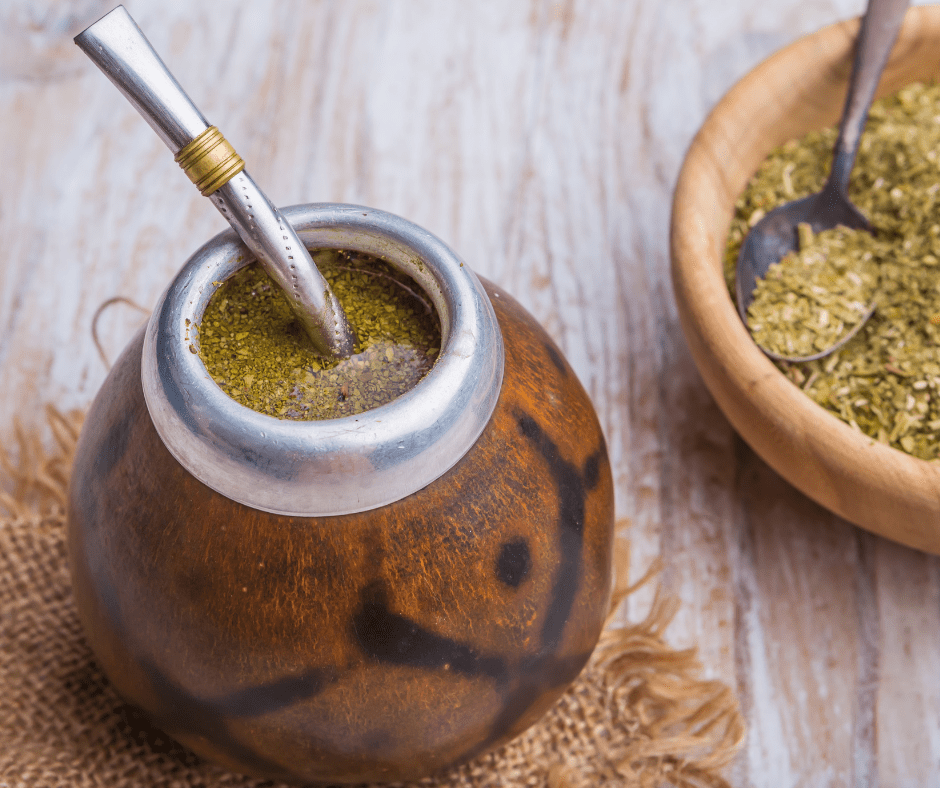
Ayahuasca Diet Challenges Faced by Enthusiasts
As someone who has personally explored the Ayahuasca diet and restrictions, I know firsthand that it can be a challenging, but ultimately rewarding, experience. In this section, we’ll discuss some of the common Ayahuasca diet challenges that enthusiasts face, including physical and emotional obstacles. We’ll also provide some tips and strategies for overcoming these challenges and getting the most out of the Ayahuasca experience. Additionally, we’ll explore the social implications of following the Ayahuasca diet, including how it can impact your relationships and interactions with others.
Tips for Overcoming Challenges When Trying Ayahuasca Diet
Embarking on an Ayahuasca diet can be a challenging journey, but there are ways to overcome the obstacles that might come your way. Here are some tips for those who wish to follow the Ayahuasca diet.
- It is important to have a clear intention and purpose for embarking on the Ayahuasca diet. This will help you stay committed and focused during the process. It is also important to understand the restrictions of the diet, such as avoiding heavy foods and alcohol, in order to receive the full benefits of the plant medicine.
- Secondly, finding support from like-minded individuals or a community can be helpful in overcoming any challenges that arise during the journey. This could be through attending Ayahuasca ceremonies or finding online groups.
- Listening to your body and staying connected with nature can also aid in the process. Eating fresh fruits and vegetables and spending time outside in nature can help align with the healing energies of Ayahuasca.
- Practicing meditation or yoga can help calm the mind and prepare oneself for ceremony. It can also aid in processing any difficult emotions or experiences that may arise during ceremony.
- Surrendering to the process and trusting in the wisdom of Ayahuasca can help alleviate any fears or doubts one may have about following this path.
Overall, following an Ayahuasca diet requires dedication and commitment, but with these tips, one can navigate any challenges that arise on this transformative journey.
Five Facts About Exploring the Ayahuasca Diet and Restrictions:
- ✅ Ayahuasca is a psychoactive brew made from the Banisteriopsis caapi vine and other plant ingredients, traditionally used in spiritual ceremony by indigenous people in South America. (Source: National Geographic)
- ✅ The ayahuasca diet involves avoiding certain foods and substances, such as alcohol, caffeine, dairy, and spicy or fatty foods, in the days leading up to an ayahuasca ceremony. (Source: Ayahuasca Healings)
- ✅ The restrictions are believed to promote physical and emotional cleansing, as well as enhance the effects of the ayahuasca experience. (Source: Clear Ayahuasca)
- ✅ It is important to follow the ayahuasca diet and restrictions as failure to do so can result in physical discomfort or even danger during the ceremony. (Source: Ayahuasca Healings)
- ✅ The ayahuasca experience is not for everyone and should be approached with caution, as it can have both positive and negative effects on individuals. (Source: Healthline)
FAQs about Exploring The Ayahuasca Diet And Restrictions
What is the Ayahuasca diet and why is it important?
The ayahuasca diet is a specific regimen followed by those who plan to take part in ayahuasca ceremonies. It involves avoiding certain foods, drinks, and substances for a period before the ceremony to help your body detox and prepare for the physical and mental effects of Ayahuasca.
What foods should I avoid on the Ayahuasca diet?
Foods that you should avoid on the ayahuasca diet include red meat, pork, spicy and heavily seasoned foods, alcohol, caffeine, and fermented or pickled foods. Some restrictions may also include dairy, sugar, and salt.
How long do I need to follow the Ayahuasca diet before a ceremony?
The length of time you need to follow the Ayahuasca diet can vary depending on the specific ceremony and location. Generally, the diet may be followed for at least a week to a month before the ceremony to ensure your body is properly prepared.
Can I still take my medication while following the Ayahuasca diet?
While following the ayahuasca it is important to consult with your healthcare provider before making any changes to your medication regimen. Some medications may interact negatively with the effects of ayahuasca, so it is vital to inform your provider if you plan to participate in a ceremony.
What should I expect from the Ayahuasca ceremony?
You should expect from the Ayahuasca ceremony that the experience can last for several hours and may include hallucinations, vomiting, and deep reflection. It is important to remember that everyone’s experience can be different, and it is essential to approach the ceremony with an open mind and heart.
What should I do to prepare for an Ayahuasca ceremony?
To prepare for an ayahuasca ceremony, it is vital to approach the ceremony with respect, intention, and an open mind. It may also be helpful to participate in activities such as meditation, yoga, and journaling to prepare your mind and body for the experience.
About Author
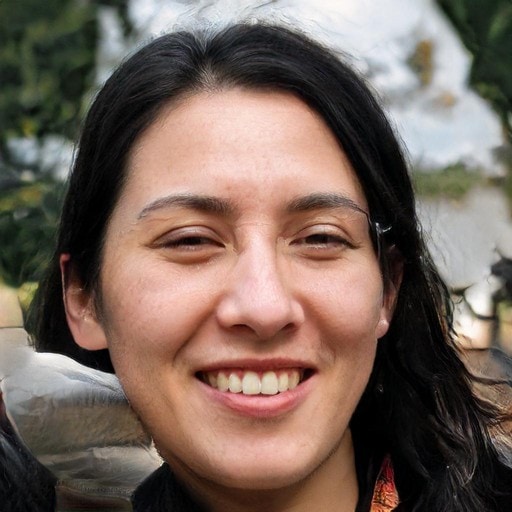
Kitty Ramirez is a passionate writer, explorer, and advocate for the preservation and understanding of indigenous cultures and traditional plant medicines. As the author of the blog, Kitty shares her knowledge and experiences from her many journeys across the globe, connecting her readers with the wisdom and healing practices of ancient cultures.
Born and raised in a multicultural family, Kitty developed a deep curiosity about the world and its diverse cultures at a young age. Her adventurous spirit led her to embark on a life of travel, exploring the far corners of the Earth in search of transformative experiences and a deeper understanding of human connection.
Throughout her travels, Kitty has had the opportunity to immerse herself in various indigenous communities, learning from their rich traditions and sacred healing practices. Her encounters with plant medicines, such as Ayahuasca, Sananga, and Rapé, have been particularly life-changing, inspiring her to share the power of these ancient remedies with a broader audience.
Legal Disclaimer: The information, including but not limited to, text, graphics, images and other material contained on this website are for informational purposes only. No material on this site is intended to be a substitute for professional medical advice, diagnosis treatment or recommendation. Ayahuasca is not an FDA-approved substance and side effects have been found. Make decisions based on your own level of comfort as an adult, not from anything you read on this website.

